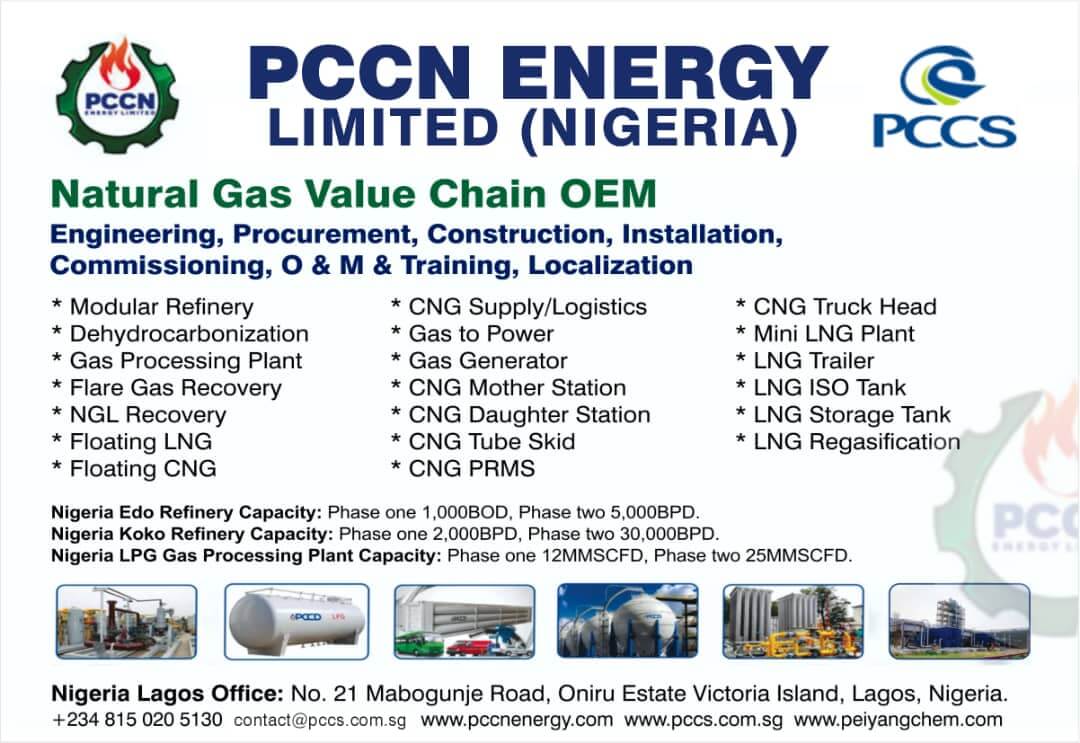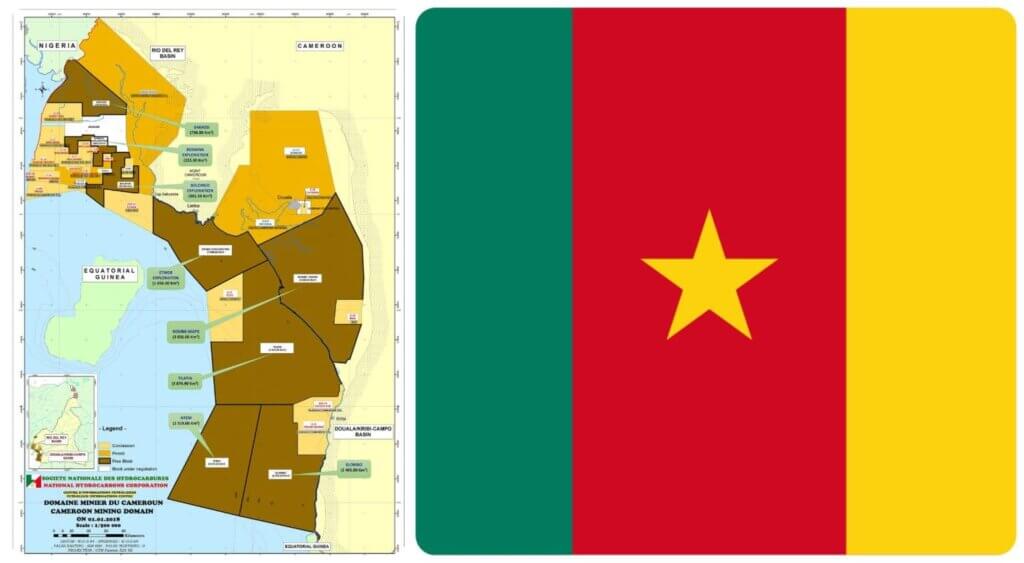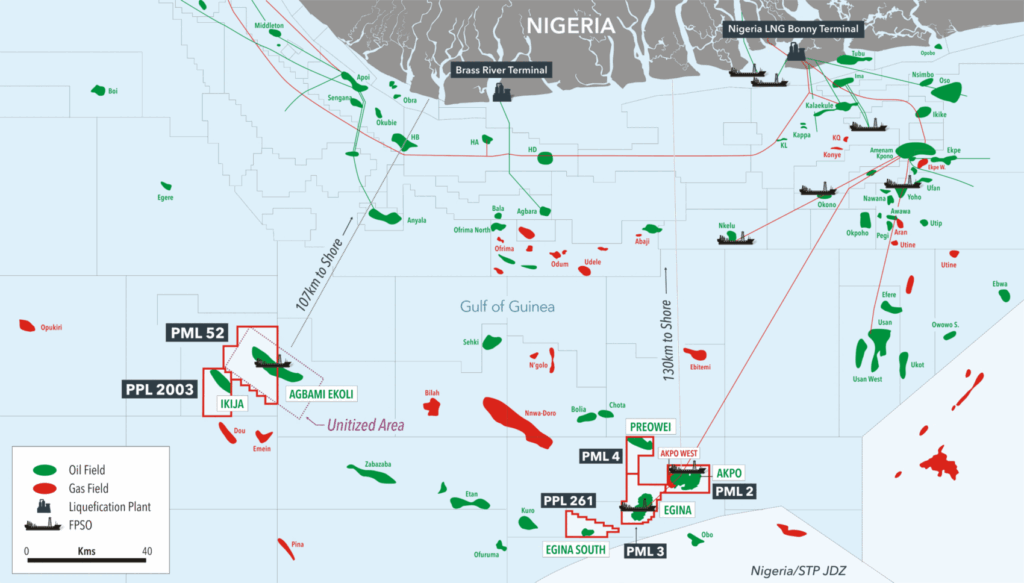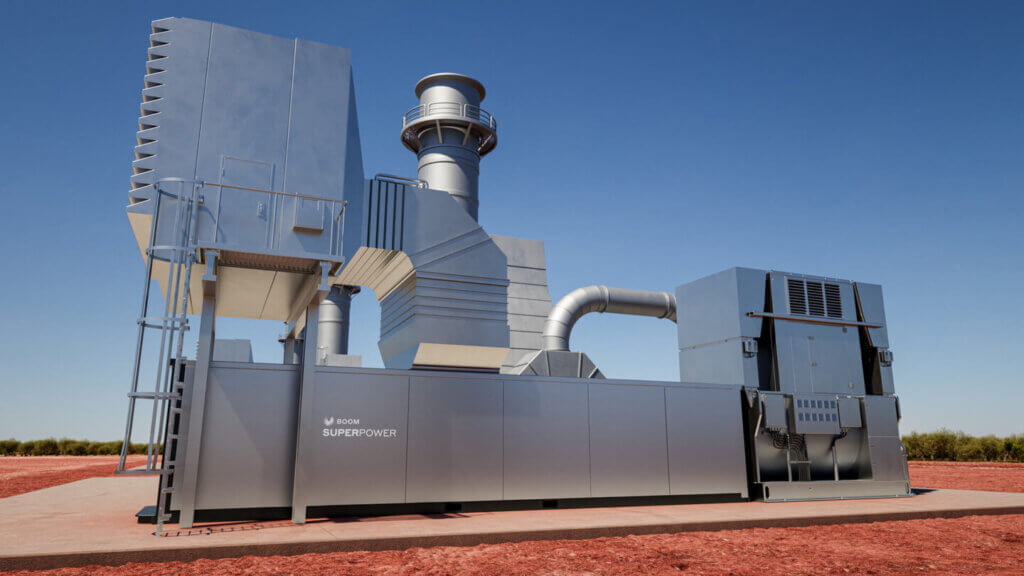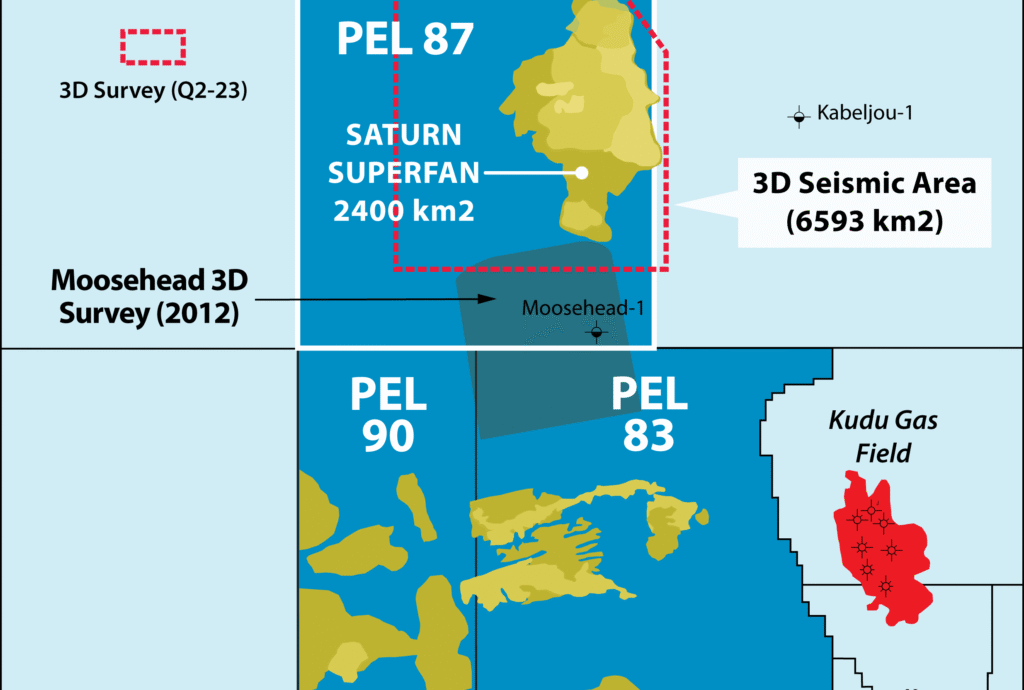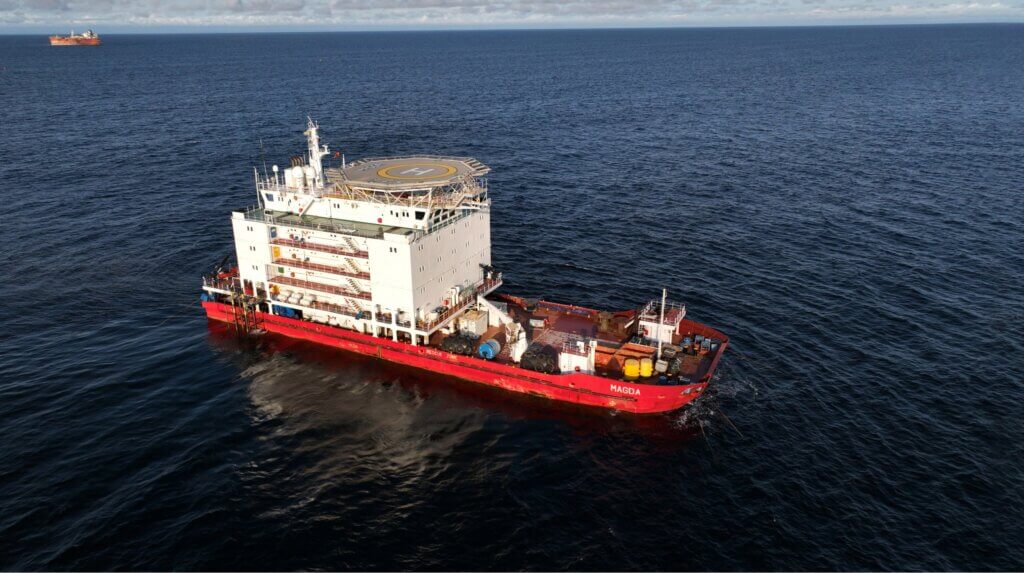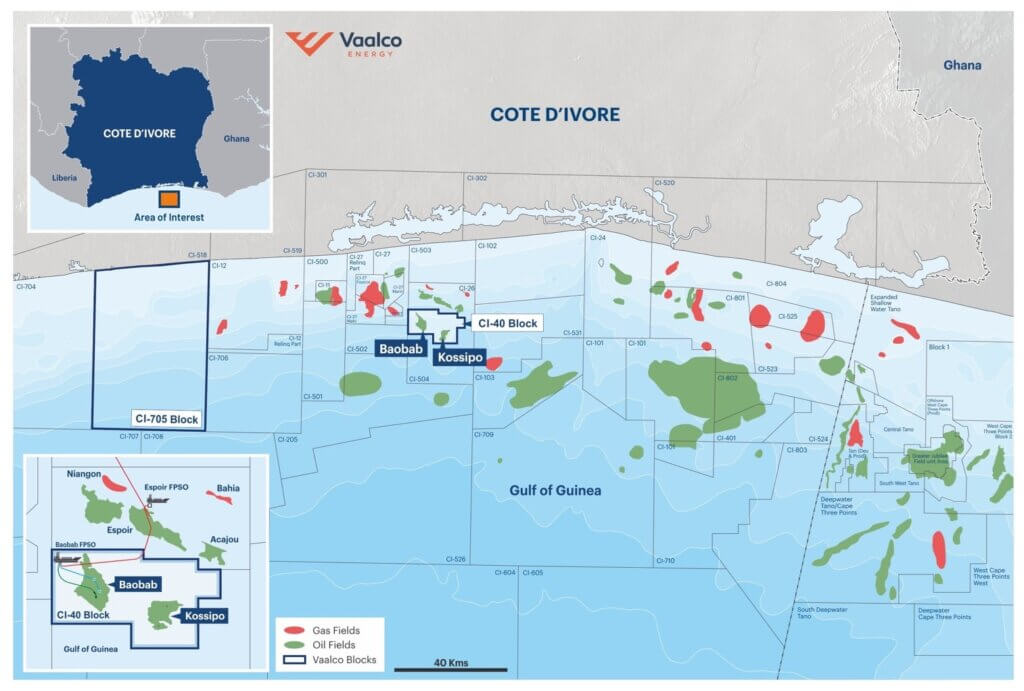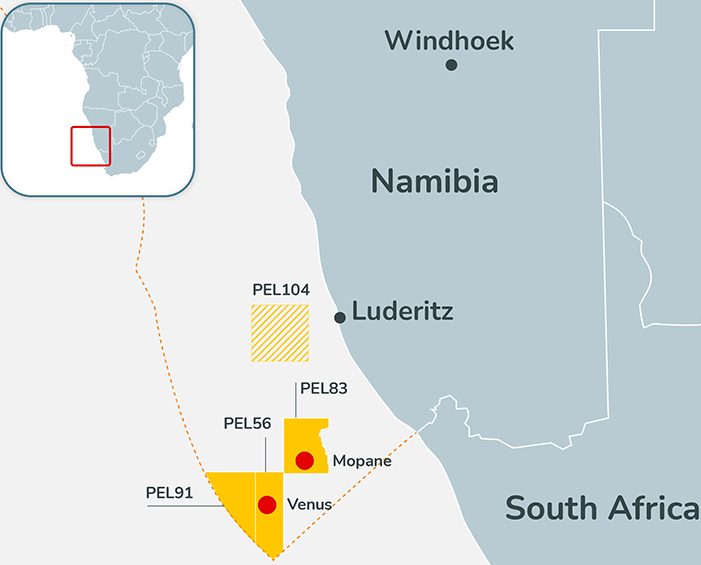
OPEC+ has yet to react to a call from U.S. President Donald Trump for lower oil prices, with delegates from the group pointing to a plan already in place to start raising oil output from April.
Trump said on Thursday that he would ask Saudi Arabia and the Organization of the Petroleum Exporting Countries to bring down the cost of oil – a call he often made during his first term in the White House.
Asked about Trump’s comments, Saudi Economy Minister Faisal al-Ibrahim told a panel at the World Economic Forum in Davos on Friday that Saudi Arabia and OPEC were seeking long-term oil market stability.
“The kingdom’s position, OPEC’s position, is all about long-term market stability to make sure that there’s enough supply for the growing demand,” he said.
The OPEC+ group of producers comprising OPEC, Russia and other allies says it does not target oil prices and already has a plan to begin raising output from April 2025, having delayed the increase several times because of weak demand.
“I think this is already in line with OPEC’s easing policy in April,” one delegate from the group said with reference to the U.S. president’s comments.
OPEC and the Saudi government communications office did not immediately reply to a request for comment.
Several OPEC members, including the United Arab Emirates and Iraq, have been pressing the group to raise output faster, arguing that they had invested a lot in expanding their capacity.
Trump’s return to the White House could mean tougher enforcement of U.S. oil sanctions against OPEC member Iran, analysts have said, potentially cutting its oil exports, which stand at more than 1.5 million barrels per day (bpd).
OPEC+ members are currently holding back 5.86 million bpd of output, or about 5.7% of global demand, in a series of steps agreed since 2022 to support the market.
Should Iranian supply drop because of new sanctions, OPEC’s spare capacity would become a useful cushion to offset the decline.
Oil prices have risen this year, with Brent crude reaching almost $83 a barrel on Jan. 15, the highest since August, supported by concern about the supply impact of U.S. sanctions on Russia. Prices have since eased to less than $79 on Friday.
Source: Reuters





















